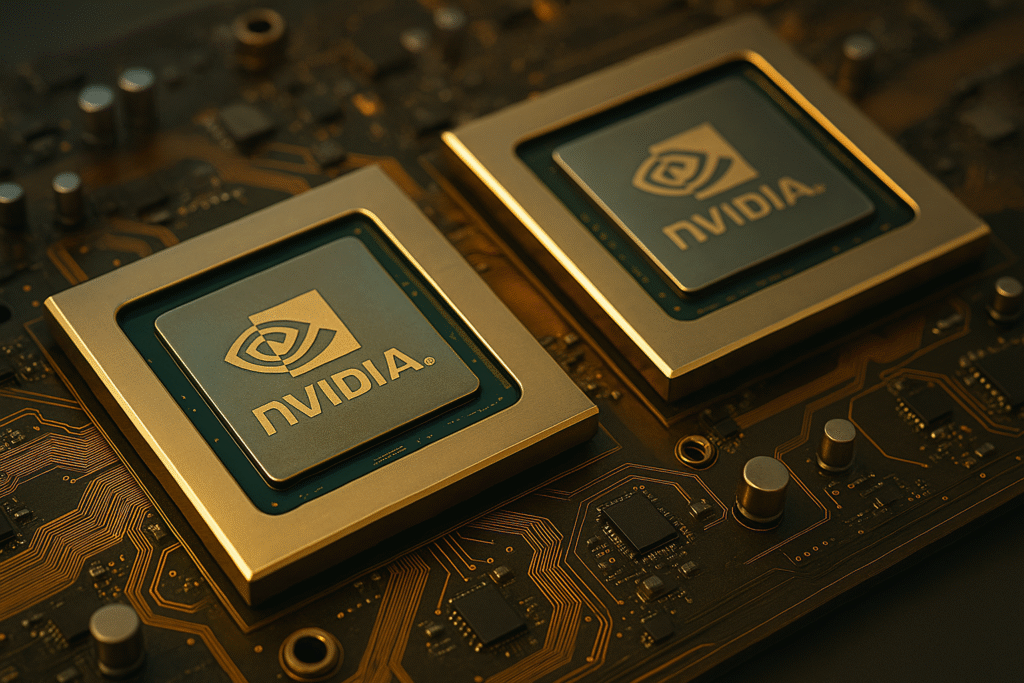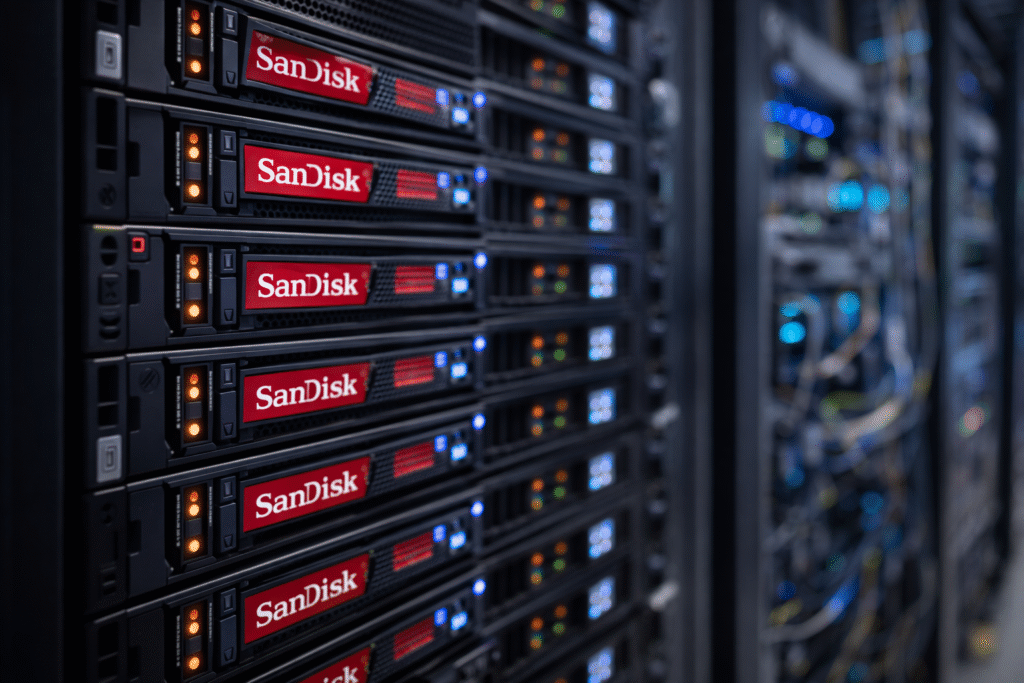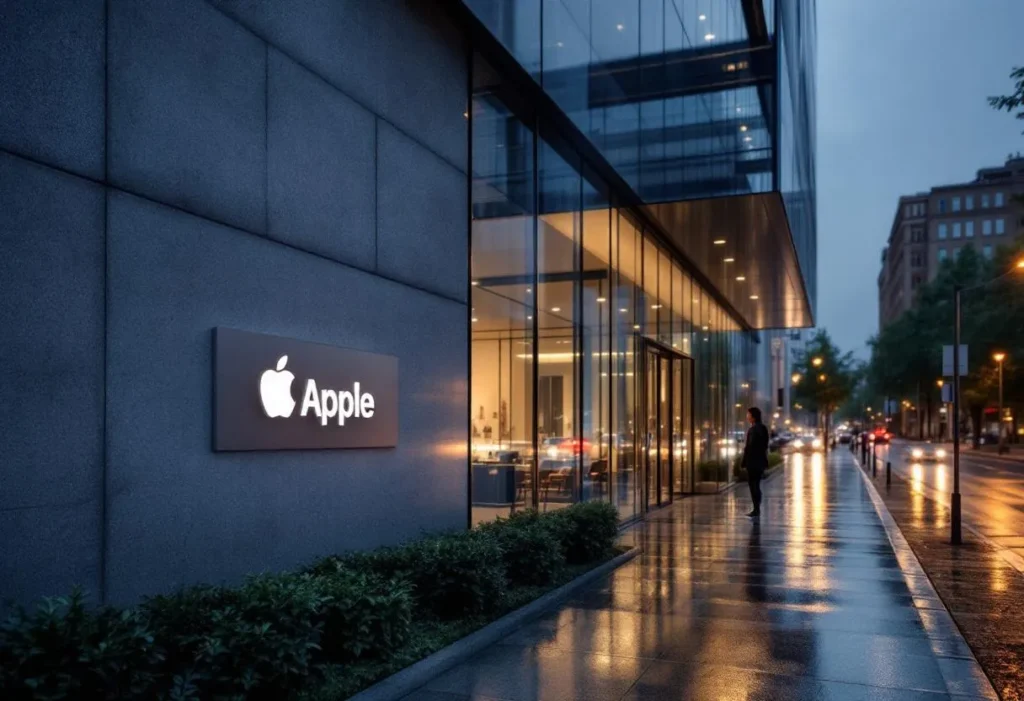Microsoft Expands AI Infrastructure in the Gulf
Microsoft (MSFT) announced on Monday that it will begin shipping more than 60,000 of Nvidia’s most advanced AI chips to the United Arab Emirates, marking one of the largest U.S.-approved exports of high-performance AI hardware to a foreign nation.
The move comes under licenses cleared by the U.S. Commerce Department in September, which Microsoft said were granted under “stringent safeguards” to ensure proper security and compliance.
The shipment will include Nvidia’s GB300 Grace Blackwell chips — the same cutting-edge processors driving AI growth in the U.S. — for use in data centers operated within the UAE.
“We’re using these GPUs to provide access to advanced AI models from OpenAI, Anthropic, open-source providers, and Microsoft itself,” the company said in a statement.
The UAE deal is part of Microsoft’s $15.2 billion investment commitment to develop the country’s AI infrastructure — an initiative that reflects how major U.S. tech companies are balancing global expansion with evolving export rules around advanced AI technology.
Geopolitical and Economic Context
The deal stands out against the backdrop of tightened U.S. restrictions on AI chip exports, particularly to countries like China, where national security concerns have driven Washington to block access to Nvidia’s most advanced GPUs.
Yet, the UAE’s strategic relationship with the U.S. — anchored by massive investments in American energy and AI ventures — has given it unique access.
According to U.S. and Emirati officials, the UAE has pledged $1.4 trillion toward U.S. energy and AI-related projects, a staggering sum relative to its $540 billion GDP.
The partnership is seen as part of a broader economic alignment — where U.S. firms help build the UAE’s AI and data infrastructure in exchange for reciprocal investment and adherence to strict data security protocols.
UAE ambassador Yousef Al Otaiba previously called the arrangement a “Gold Standard for securing AI models, chips, data, and access.
Why It Matters for Nvidia and Microsoft
For Nvidia (NVDA), the deal highlights how non-Chinese export markets are becoming essential growth drivers for its GPU business.
As Washington maintains a ban on selling its most advanced chips to China, the Middle East — led by the UAE and Saudi Arabia — has emerged as a key outlet for AI infrastructure expansion.
For Microsoft, the shipments reinforce its position as one of the leading global suppliers of AI cloud infrastructure, following its deep integration with OpenAI’s GPT models and its own Azure AI services.
The UAE — which already holds 21,000 Nvidia GPUs approved under previous export licenses — is one of the highest per-capita adopters of AI tools and platforms, according to Microsoft.
The company aims to use the new data centers to power both local AI applications and global partnerships, further solidifying Azure’s role in international AI distribution.
Balancing AI Growth and National Security
The decision to approve the deal reflects Washington’s selective flexibility in AI export policy: enabling trusted allies to scale their infrastructure while preventing adversarial nations from acquiring comparable capabilities.
While U.S. officials have maintained a ban on shipments of the most advanced Nvidia chips to China, partnerships with nations like the UAE suggest a strategic approach to building regional AI ecosystems that align with U.S. interests.
Still, the move underscores a growing tension between AI expansion and export control — as global demand for compute power continues to outpace political consensus on how to regulate it.
WSA Take
Microsoft’s UAE deal underscores a key shift in the geopolitics of AI hardware — where access to compute power has become as strategic as access to oil once was.
By exporting Nvidia’s GB300-class GPUs under U.S. supervision, Washington is signaling that AI influence will increasingly be distributed through partnerships, not just patents.
The arrangement positions the UAE as a regional AI powerhouse, while reinforcing the U.S. tech sector’s dominance in global compute infrastructure.
Read our recent coverage of Exxon’s carbon-captured AI energy deal.
Explore the latest coverage on the Wall Street Access homepage.
Disclaimer:
Wall Street Access does not work with or receive compensation from any public companies mentioned. Content is for informational and educational purposes only.








